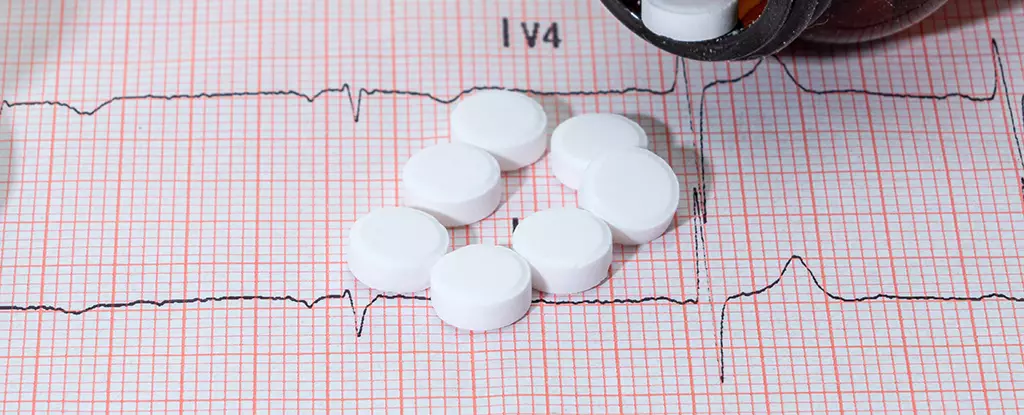Recent research from the Karolinska Institute and Lund University in Sweden has uncovered a potential connection between long-term use of certain cardiovascular medications and a significant decrease in dementia risk among older adults. While the study does not definitively establish causation, it observed that individuals taking these medications over a period of five years or more could experience a reduction in dementia risk by as much as 25%. This connection suggests a complex relationship between cardiovascular health and cognitive function, pointing to the possibility that maintaining heart health may also provide protective benefits for the brain.
The analysis included a substantial participant pool of 968,715 individuals, providing a robust dataset for examination. Researchers focused on various categories of cardiovascular drugs, ranging from those used to manage hypertension to medications that influence cholesterol levels and blood thinning. The broad approach taken by the research team differs from previous studies that tend to isolate individual medications or patient demographics, allowing for a more comprehensive understanding of the interaction between heart health and dementia risk.
Among the findings, long-term use of specific medications resulted in a notable 4% to 25% decrease in the risk of developing dementia. Interestingly, the research indicated that the effectiveness of the medication regimen increased when multiple cardiovascular drugs were used in conjunction, as opposed to relying on just a single drug for treatment.
While many cardiovascular drugs appeared to offer protective benefits against cognitive decline, the study identified a concerning trend regarding antiplatelet medications—commonly prescribed to prevent strokes. This class of drugs was associated with a 13% to 25% increase in dementia risk, leading researchers to ponder whether the mechanism of action—that is, preventing blood platelets from clumping—might contribute to an increased likelihood of brain microbleeds, thus adversely affecting cognitive function.
Additionally, the timing of drug usage plays a pivotal role. Short-term use of these cardiovascular medications was linked to a heightened risk, creating a 13% to 30% increase in dementia risk. This phenomenon may stem from the medications being introduced later in life when cognitive decline has already commenced, limiting their potential to provide protective benefits.
The researchers emphasize the need to decipher this intricate relationship further. Heart conditions themselves may elevate dementia risk, complicating the interpretation of data regarding the influences of these medications. Moreover, the overlapping use of antihypertensive drugs in individuals experiencing early signs of cognitive decline adds another layer of complexity to this connection.
Understanding the biological mechanisms at play is crucial for future explorations. The team posits that reductions in cholesterol levels and improvements in hemodynamics from long-term cardiovascular treatment could benefit brain health. Yet, these biological factors represent just a fraction of a larger puzzle that includes lifestyle elements such as diet and exercise.
Given that dementia currently has no cure, identifying preventive strategies is of utmost importance. With the potential of cardiovascular drugs to serve a dual purpose—protecting both heart health and cognitive function—this emerging evidence could help inform future epidemiological studies and clinical practices. Researchers like Alexandra Wennberg and Mozhu Ding stress the significance of ongoing investigation into how these medications interact within the broader context of patient health, including the multifactorial nature of dementia risk.
While more research is warranted to solidify these findings and understand the underlying mechanisms, the hope is that leveraging cardiovascular health could unlock new avenues for dementia prevention. As the medical community shifts its focus toward proactivity in cognitive care, the correlation between heart and brain health may very well serve as a cornerstone in our efforts to diminish the impact of dementia as society ages.

